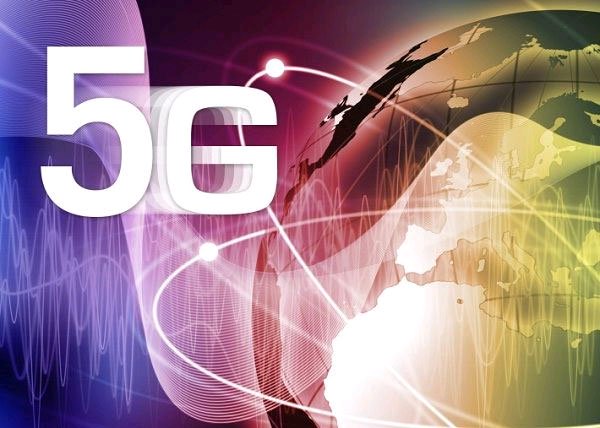Ericsson tested 5G network, 50 times faster than 4G
Ericsson is testing 5G network technology at 5GB per second, 50 times faster than 4G network speed.

Ericsson predicts that by 2019, 85% of mobile users in North America will use LTE networks. This helps North America have a good base to embrace the new 5G technology after 2020. Other markets such as Japan and South Korea are also studying 5G networks. South Korea is currently the highest level of 4G LTE, about 50%.
5G technology will not simply provide excellent data transfer capabilities to smartphone and tablet users. Super-fast data transfer will also provide good support for other devices involved in the connected world like TVs, refrigerators, traffic lights, smart cars and health monitoring devices.
When 4G LTE networks are popular everywhere, the demand for bandwidth will increase again. Ericsson said that by 2019, our demand for bandwidth will increase 10 times, requiring new faster mobile connection standards.